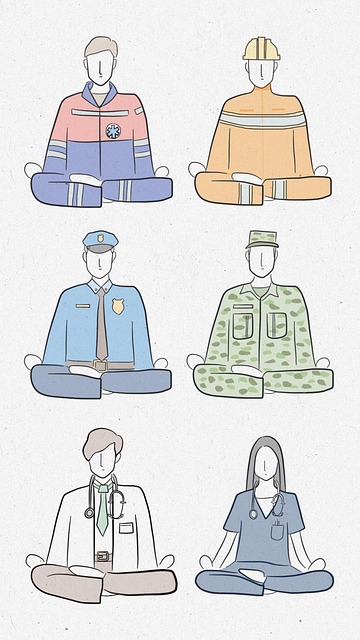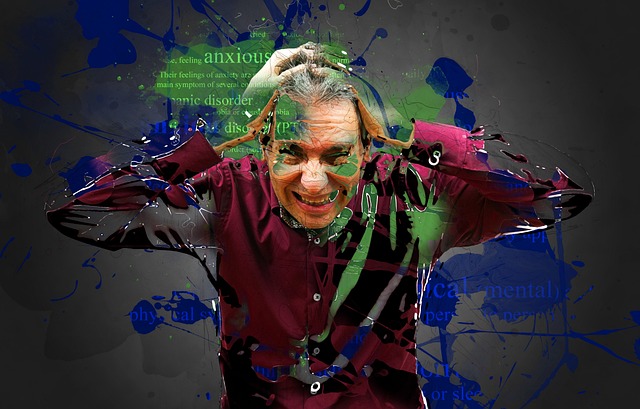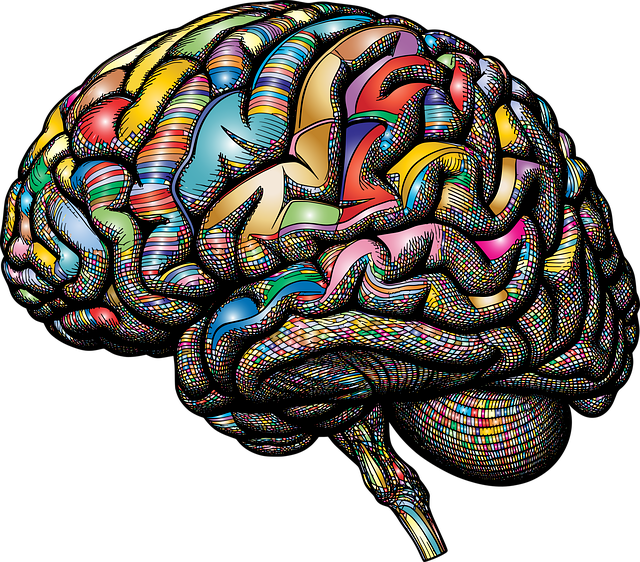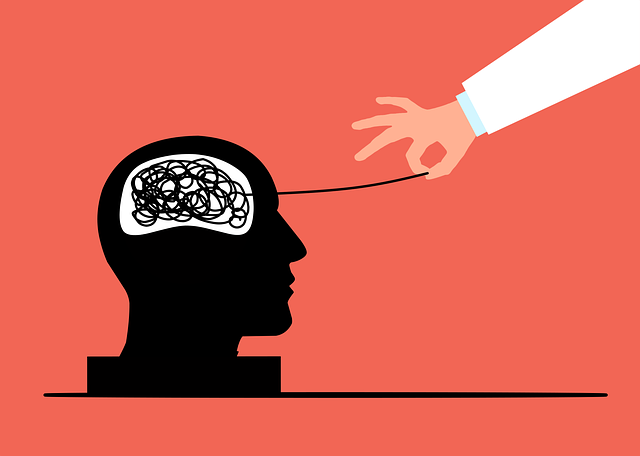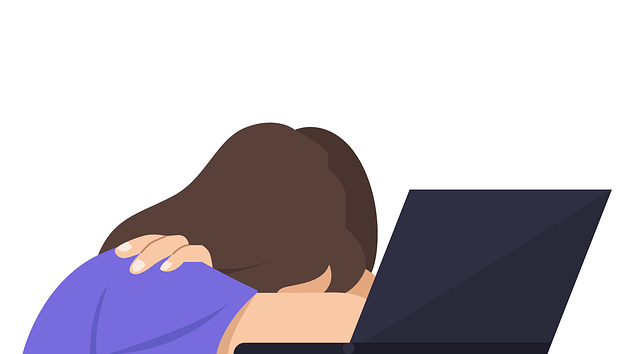Mood regulation is crucial for young adults with Attention Deficit Disorder – Hyperactivity (ADD) or Attention Deficit Hyperactivity Disorder (ADHD), as these conditions can severely impact daily functioning and mental health. Cognitive Behavioral Therapy (CBT) is an effective therapy for Young Adults ADD-ADHD, teaching them to identify and change negative thought patterns, manage intense emotions, and improve focus, thereby enhancing quality of life and relationships. Beyond CBT, strategies like physical activity, mindfulness, support groups, organization techniques, and building social connections can significantly reduce anxiety, depression, and foster emotional well-being specific to this demographic.
Mood regulation strategies are essential skills for young adults, especially those with Attention Deficit Disorder (ADD) or Attention Deficit Hyperactivity Disorder (ADHD). This article explores effective methods to manage and stabilize moods. We begin by understanding the unique challenges faced by young adults with ADD/ADHD in regulating their emotional states. Subsequently, we delve into Cognitive Behavioral Therapy (CBT), a powerful tool proven to enhance mood stability. Additionally, discover practical daily strategies to foster resilience and emotional well-being.
- Understanding Mood Regulation and ADD-ADHD in Young Adults
- Cognitive Behavioral Therapy (CBT): A Powerful Tool for Managing Moods
- Additional Strategies for Daily Life: Enhancing Mood Stability
Understanding Mood Regulation and ADD-ADHD in Young Adults

Mood regulation is a vital aspect of emotional well-being promotion techniques for young adults, especially those with Attention Deficit Disorder – Hyperactivity (ADD) or Attention Deficit Hyperactivity Disorder (ADHD). These conditions can significantly impact daily functioning and overall mental health awareness. Understanding mood regulation involves recognizing and managing intense emotions, which is crucial for individuals with ADD-ADHD. They often experience difficulties in controlling impulses and maintaining focus, leading to heightened stress levels and emotional volatility.
Therapy for young adults with ADD-ADHD offers effective tools for stress reduction methods. Cognitive Behavioral Therapy (CBT), for instance, helps individuals identify and change negative thought patterns contributing to mood disturbances. By learning emotional regulation strategies, young adults can better cope with challenges, improve their relationships, and enhance their overall quality of life. Mental health awareness and the development of healthy coping mechanisms are essential steps towards a more balanced and fulfilling life.
Cognitive Behavioral Therapy (CBT): A Powerful Tool for Managing Moods

Cognitive Behavioral Therapy (CBT) is a highly effective tool for young adults navigating mood regulation challenges, particularly those with ADD-ADHD. This therapeutic approach focuses on identifying and modifying negative thought patterns and behaviors that contribute to emotional distress. CBT empowers individuals to challenge distorted thinking, encouraging healthier ways of perceiving and interacting with their environment. By learning to manage triggers and practicing coping strategies, young adults can gain a sense of control over their moods.
Through CBT, trauma support services become accessible, offering valuable tools for anxiety relief. By addressing underlying issues and promoting positive thinking, this therapy helps individuals reframe negative experiences and develop adaptive coping mechanisms. With its structured approach, CBT enables young adults to better understand the connection between thoughts, feelings, and behaviors, fostering long-term emotional well-being.
Additional Strategies for Daily Life: Enhancing Mood Stability

In addition to cognitive-behavioral therapy, there are several strategies young adults dealing with ADD/ADHD can implement in their daily lives to enhance mood stability. Engaging in regular physical activity, such as walking or joining a sports team, has been shown to significantly reduce symptoms of anxiety and depression while promoting a sense of accomplishment and improved self-esteem. Incorporating mindfulness practices like meditation or yoga into one’s routine can also foster resilience against stressful situations, enabling better emotional regulation.
Joining support groups or engaging in stress management workshops can provide valuable outlets for processing emotions and connecting with peers facing similar challenges. Organization techniques, such as setting achievable goals and prioritizing tasks, can alleviate the feeling of being overwhelmed, thereby reducing stress levels. Cultivating strong social connections through meaningful interactions with family, friends, or community organizations offers a powerful buffer against negative moods and promotes overall well-being.
Mood regulation is a vital skill, especially for young adults with Attention Deficit Disorder – ADHD. By understanding the interplay between mood and ADHD, individuals can harness effective strategies such as Cognitive Behavioral Therapy (CBT) to manage their emotions more effectively. Combining CBT with additional daily practices offers a holistic approach to enhancing mood stability for young adults navigating ADD-ADHD, ultimately improving their overall well-being and quality of life.




